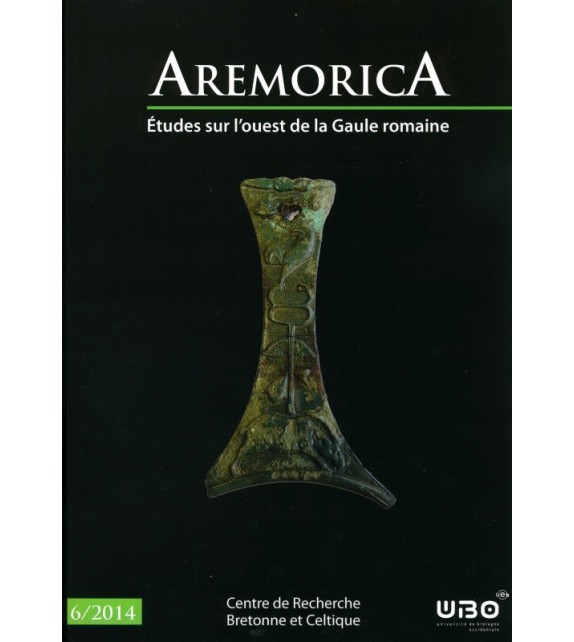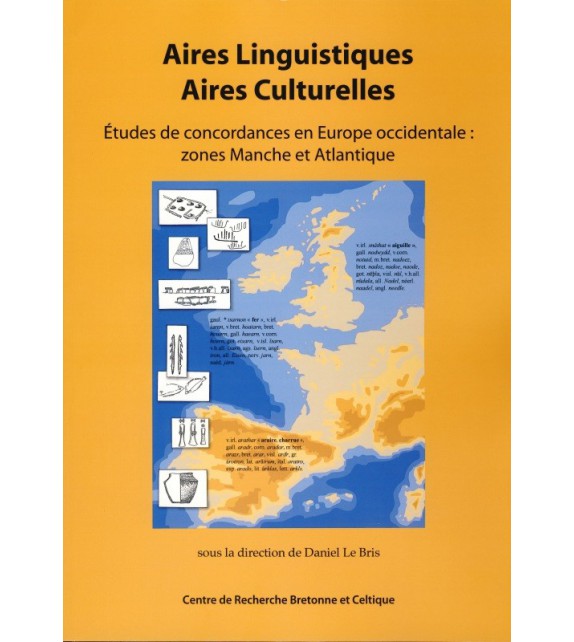DE L'ARMORIQUE A L'ATLANTIDE
In 2007 appeared "In the footsteps of Atlantis" This book is reissued under the title From Armorica to Atlantis. The result of recent research has made it possible to complete and confirm the hypothesis of the first edition, namely the presence of an important and advanced civilization in Armorica...
Détails :
| Éditeur : | Institut Culturel De Bretagne |
|---|---|
| Auteur / artiste(s) : | Christian Robic |
| Genre | Essai |
|---|---|
| Présentation | Broché |
| Nb de pages | 220 |
| Dimensions | 15 x 21 cm |
| Parution | 2022-11 |
In 2007 appeared "In the footsteps of Atlantis" This book is reissued under the title De l'Armorique à l'Atlantide. The result of recent research has made it possible to complete and confirm the hypothesis of the first edition, namely the presence of an important and advanced civilization in Armorica.
The cover photo shows a menhir lying on the Lokmaria-Kaer foreshore. It materializes things such as the erosion of the coasts, the rise in sea level, and the phenomenon of the tides.
These three realities experienced by the builders of the megaliths are disseminated in the Mediterranean, from 3000 BC. J.-C. because they are the only ones to have left numerous traces on an immense territory and over a long period. Their words, repeated many times, have marked the collective memory of men. Later, around 1500 BC. J.-C., these same stories, reinforced by the realizations of the dolmens and the menhirs, circulated on the roads of the tin, always in the Armoric-Mediterranean direction.
The phenomenon of the tides, unknown in the Mediterranean at that time, particularly marked the spirits. The destruction of Santorini (Thera) around 1550 BC. J.-C., makes plausible the submersion of large spaces.
When Plato, during his travels in the Mediterranean, heard these snippets of stories, he foresaw the existence of an important people who lived in the north, at sunset, and whose disappearance would be linked to the sea. As a visionary, he imagined him living on an island. This people could only be the Armorican people of the megaliths, which Plato did not know.









